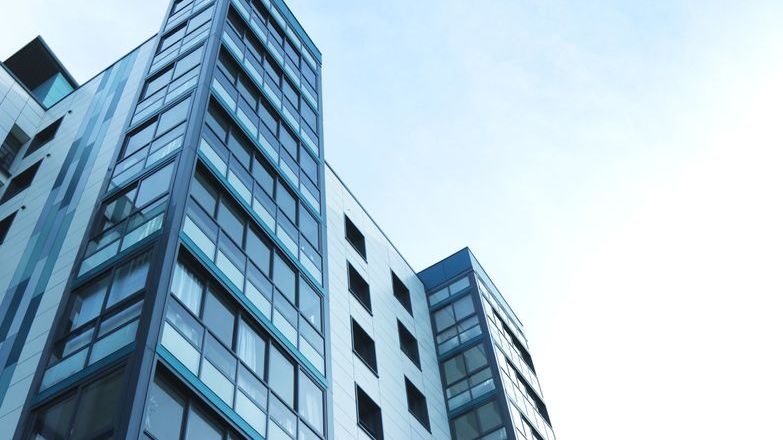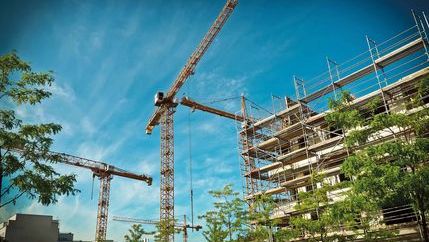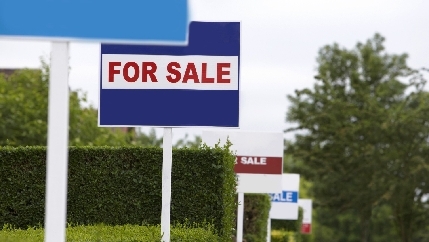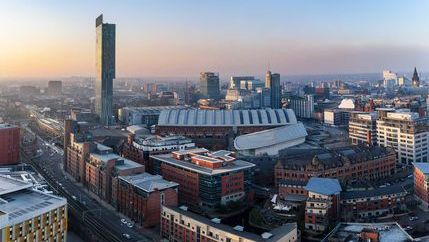
Following a commitment from local Mayors from Great Manchester, Sheffield, London, Liverpool and the West Midlands to Housing Secretary Robert Jenrick MP, they pledged that social distancing rules will be followed in order for those living in high-rise unsafe buildings to feel assured that work will be prioritised.
Earlier this year the Government announced a new £1 billion fund to pay for the removal and replacement of unsafe cladding for high rise buildings.
The pledge sets out the Government’s commitment to improving the safety of residential blocks whilst also ensuring those working on site are given clear information and support to guarantee their own safety as well as limiting the spread of COVID-19.
Building safety bill
Housing Secretary Robert Jenrick MP announced on 2 April 2020, steps to reform the building safety system with a Building Safety Bill, a national Building Safety Regulator, and action on mortgages for properties in high-rise residential buildings.
The big reforms include mandatory sprinkler systems and wayfinding signage in new flats over 11 metres tall designed to incentivise compliance and allow better use of enforcement powers and sanctions, including prosecution where the rules are not followed.
Leasehold reform
Propertymark has long campaigned for leasehold reform, as many leaseholders have found themselves ‘mortgage prisoners’ with lenders refusing to value flats with unsafe cladding. A Government led website is being designed, in conjunction with the housing industry, so lenders and leaseholders can access the information needed to proceed with sales and re-mortgaging.
The Housing Secretary will meet with mortgage lenders to work on an agreed approach to mortgage valuations for properties in buildings under 18 metres tall, providing certainty for owners affected by vital building safety work.
Construction industry safety
The Government has not asked construction sites to close, so work can continue if it is done safely. They have asked that employers should ensure their workers on-site are able to follow the public health guidance, and they should consider responsible arrangements for ensuring their workers can travel in line with this advice, such as through staggering site hours to reduce public transport use during peak periods.
A number of sites across the country have been leading the way, adapting their procedures in ways that include:
- having decontamination areas on site, enabling workers to hose down overalls before safe disposal
- providing additional toilet and washing facilities, reducing the number of workers gathering
- splitting up work teams with a view to minimising the risk of infection
The Government has provided sector specific guidance on how to apply social distancing in the workplace in England.
Image attribution: "Robert Jenrick Official MP Portrait" used under CC BY 3.0 / Cropped from original





